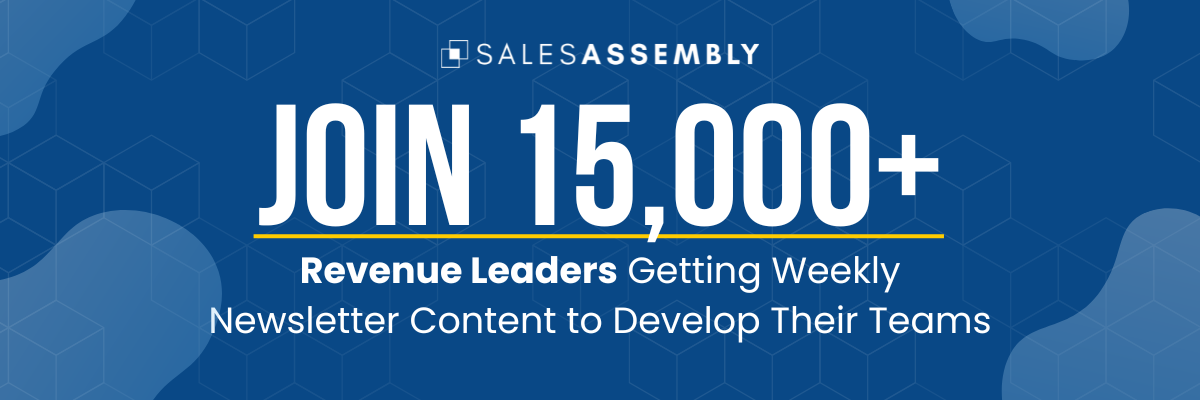You’re bringing on all sorts of new and wonderful people but before you get carried away with all of your new friends, let’s be sure to avoid these pitfalls. Soon enough, you’ll have the well-oiled machine you always dreamed of, but until then read below so you know what to look out for and key actions you can take. If you can walk away with one new learning, you can consider this a success!
Top 5 pitfalls:
1. Undefined partnership with HR/People teams 🙅♀️
You have an amazing HR/People team. These heroes own the herculean task of finding and bringing in the revenue team that drives the business forward and you’ll be onboarding. While we are in awe of their talent acquisition skills, we need to ensure we drive a clear strategy for the partnership.
Key action items
- Confirm you’re proactively getting notified when a new person is hired and their email is created.
- Agree who will be sending any prework/expectations to new hires – You don’t want to overwhelm, but there is an opportunity to prime the new learner for efficient onboarding.
- Determine which (if any) sessions the people team is booking, when, and what the process is – ie a coordinator may be responsible for booking company-wide sessions. Can they help you book sessions? Should you just own the whole thing?
2. Lack of community support 🥺
It takes a village. Could you do it all by yourself? Of course! You are fantastic but DON’T. If you are scaling your onboarding into something truly repeatable and efficient, you’ll need to leverage the contribution of others. The expectation should be that the whole org is responsible for onboarding employees and peers.
Key action items
- Ensure SMEs are aware of their role and vetted. Inspect what you expect.
- Establish a buddy system for peers to get ingrained in the tribal knowledge and day-to-day.
- Create a culture of belonging through culture-affirming events. Onboarding should remind folks why they joined and instill them with passion.
3. Knowledge loss 😭
The new hire fire hose. New folks will be inundated with new information and experiences. You can design the best first couple of weeks, but it is inevitable that your learners will forget. So what can you do to get the best retention?
Key action items
- Provide easily available resources for review – leveraging a wiki and just-in-time learning can be crucial for success.
- Create the opportunity to ask questions as well as the guidance of what questions they should be asking.
- Run certifications – There are many reasons for certification and one of the most important is the effort expended as learners prepare. This preparation cements the learning.
- Initiate a continued education plan – Regardless of the length of the onboarding program, there should be a continued-learning journey for new hires to build on until they are role-ready.
4. Handoff to managers 🤭
Onboarding is a wonderful starting point, but eventually, managers will play the primary support role. To set managers and new hires up for success, you’ll need a repeatable process in place to align with all parties the gaps, opportunities, and a checklist of next steps.
Key action items
- Deliver certification results and areas of opportunity identified through the onboarding process.
- Share a breakdown of topics covered in onboarding vs what should be learned “on the job”.
- Communicate where to locate additional pull-through materials and how to use them – managers can easily follow your lead.
5. Unclear expectations and success metrics 🤪
I’ve often seen goals for onboarding be assumed as opposed to agreed upon. Onboarding should not be a check-the-box exercise. Of course, everyone should “graduate”, but what does that mean and how should you measure it? For each role, have you determined how you will measure a successful onboarding? Have you confirmed those expectations with the broader revenue leadership group?
Key action items
Establish the goal with these prompts.
- Is the goal to speed through to get on the phone or is learning on the job more important?
- Is precision the name of the game or more of a conceptual understanding?
- How important is Methodology?
- How does Process differ across the goto market segments?
Onboarding is an intensive program and this is just a brief snapshot. If you’re looking to go deeper with SMEs, peers, and Sales Assembly advisors, please email [email protected].






